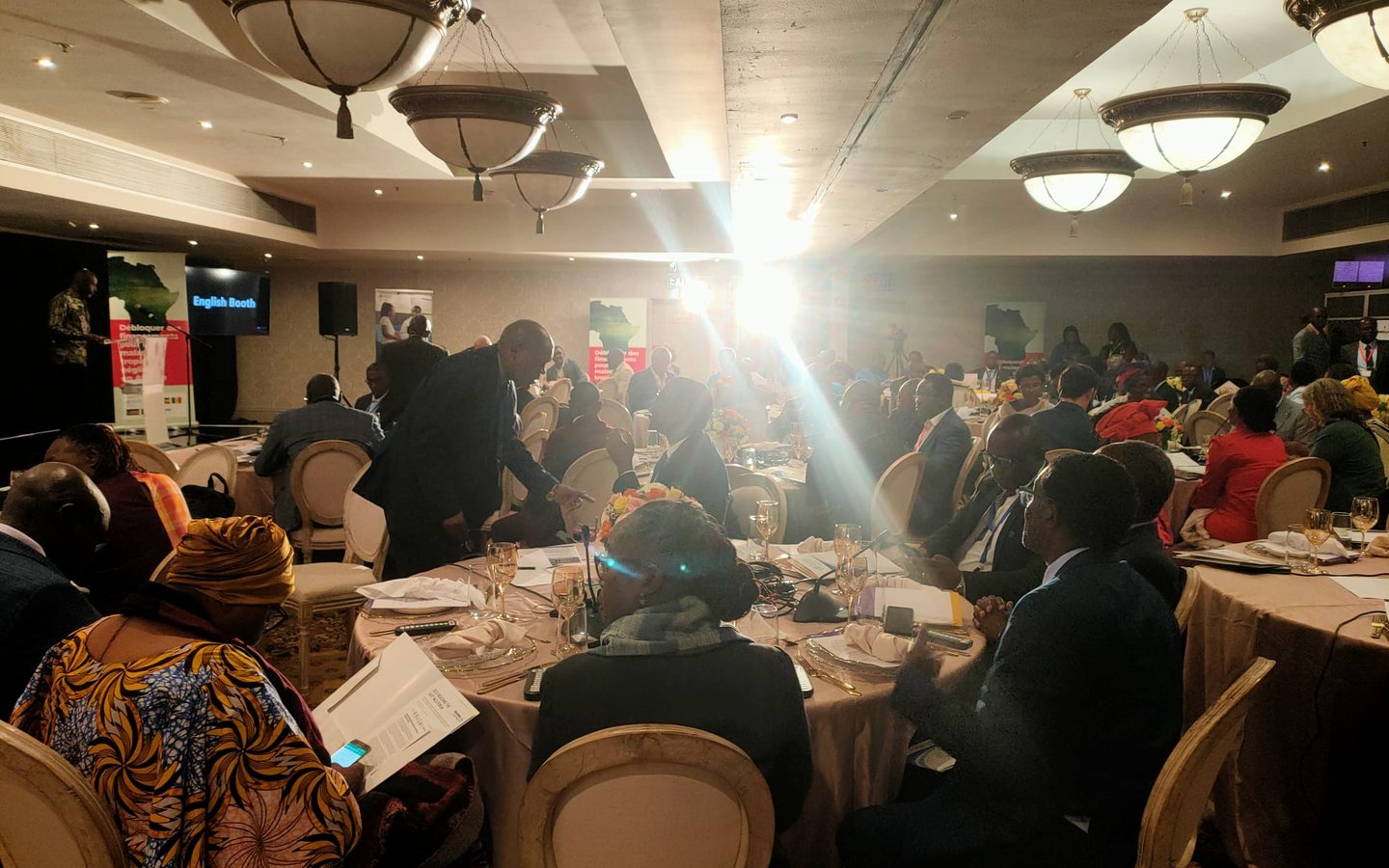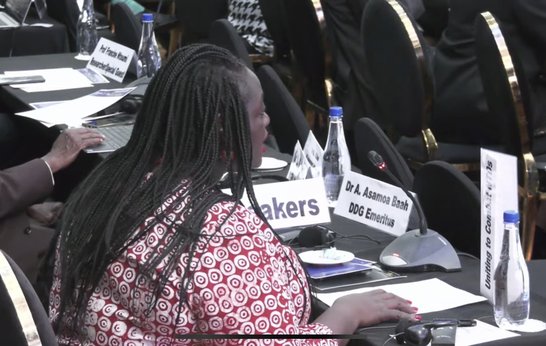Ministers gather in Botswana to discuss unlocking financing for neglected tropical diseases
The 73rd WHO Regional Committee for Africa was an opportunity to bring leaders from across the African continent together to discuss key national health priorities. A side event shone a spotlight on neglected tropical diseases (NTDs), calling on countries to prioritise NTDs and help unlock new and less considered methods of financing.
It was a packed official agenda for this year’s WHO Regional Committee for Africa held in Gaborone, Botswana. However, that didn’t stop ministers and officials packing into a room for a side event focused on unlocking financing for neglected tropical diseases in Africa.
On 29 August 2023, the Ministers of Health of Comoros, Ethiopia, Senegal, South Sudan, and Zambia, in collaboration with the World Health Organization (WHO) and Uniting to Combat NTDs, hosted a special dinner to identify opportunities for sustainable financing for NTDs.
Why was this needed now?
For some time, a lack of sustainable financing has been a significant barrier to the control, elimination, and eradication of NTDs, hindering countries’ efforts to eliminate these diseases and contribute to the SDG target of a 90% reduction in the numbers of people requiring an intervention against NTDs by 2030.
Remarkable progress has been made in the fight against NTDs, as of August 2023, 50 countries having eliminated at least one NTD, 19 of those in the WHO AFRO region. Domestic and international commitment to NTD control, elimination and eradication has accelerated progress against individual disease targets demonstrating that it is possible to reach some of the world’s poorest and most remote communities through creative, low-cost programmes.
However, compounded by the COVID-19 pandemic, and the global economic slow-down due to the double hits of COVID-19 and regional conflicts, funding for NTDs will likely remain constrained or even deprioritized for the foreseeable future. This threatens the numerous NTD gains made over the past decades, leaving over a billion of the poorest people at risk of abject poverty, morbidity and even death.
Therefore, the opportunity to bring Ministers of Health and country leaders together was vital to continue to make a compelling case for protecting and promoting investments in NTDs and discuss how countries impacted by these devastating diseases can unlock financing for NTDs from innovative sources.
What was discussed?
Setting the scene
The event was opened by Dr Loub Yakout Zaïdou, Minister of Health, Solidarity, Social Protection and Gender Promotion of the Union of the Comoros, a co-organiser of the occasion. The Honourable Minister helped to outline why this event was pertinent to everyone in the room and the need to galvanise action. She said:
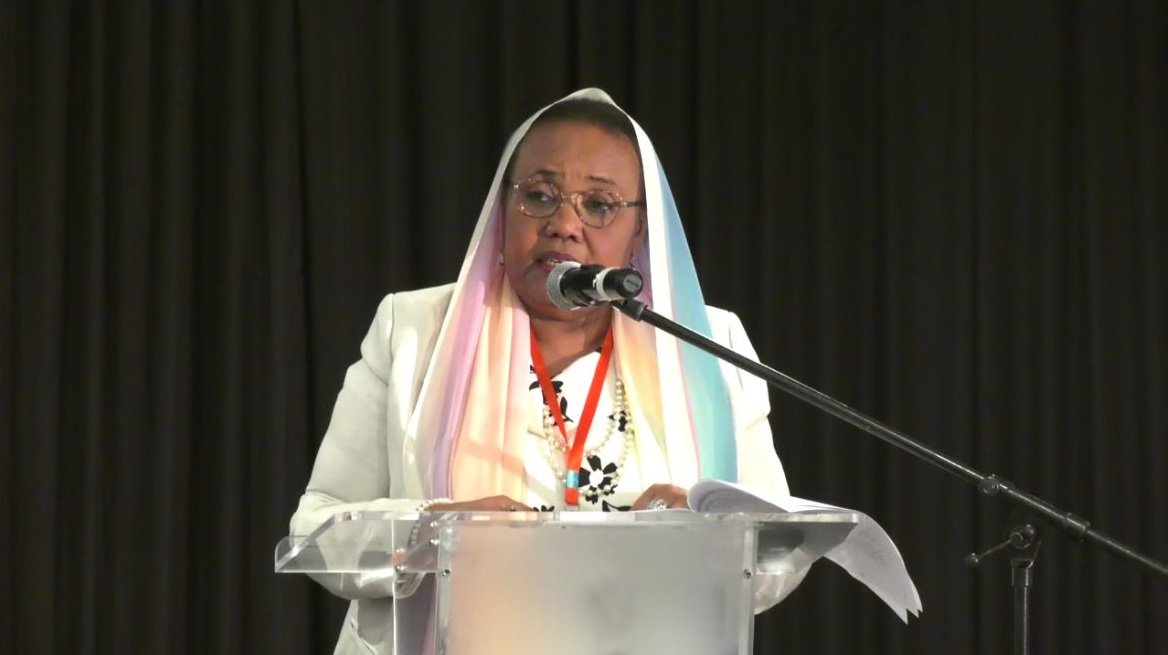
“The burden of NTDs on our collective nations is immense. They perpetuate cycles of poverty, hinder educational opportunities, and stifle economic progress. The suffering endured by countless individuals and communities is a stark reminder that there is an urgent need for action and a collective effort to alleviate this burden.”
A keynote from Dr Matshidiso Moeti, WHO Regional Director for Africa, followed, continuing to set the scene. She reminded everyone present that eliminating NTDs remains one of the best returns on investment available, a “best buy for funding”. She said:
“Countries affected by NTDs need to employ innovative financing solutions to protect the progress made to date and crucially to expand elimination success to other NTDs.”

Dr Moeti closed her speech with three key messages:
- Political commitment translated to increased domestic resources is urgently needed to ensure transformative action in the NTD space.
- Traditional donor-derived grant funding is no longer reliable and needs to be complemented to eliminate NTDs. Increased private sector and domestic funding is needed.
- ESPEN continues to provide technical support to countries to mobilize more resources for NTDs and all health interventions.
Understanding the current status of domestic investments to NTDs by countries
This was followed by a session on domestic resource mobilisation. Ministers of Health were given voting gadgets and asked questions to understand the current status of domestic investment to NTDs by countries. Countries including Zambia, Malawi, and South Sudan took the floor to speak about their domestic financing for NTDs.
Dr Soce Fall, Director, Global Programme for Neglected Tropical Diseases, WHO, followed sharing his passion and stressing the need to reorient our focus on NTDs. He said:
“We should prioritise NTDs, not only in the health sector but across sectors because having an impact on NTDs is a great contribution to our sustainable development. Making sure that we put it in our budget, our programs.”
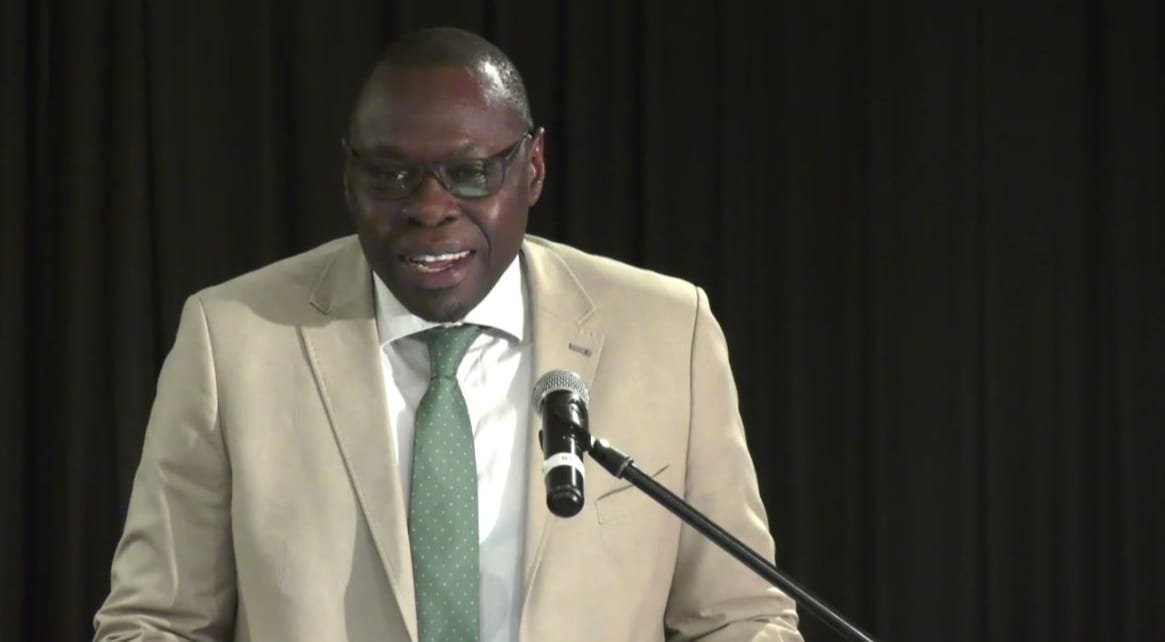
He reminded attendees about the strong links between NTDs and universal health coverage (UHC) as well as pandemic preparedness, prevention and response (PPPR), and to use these angles as a way in which to bring new actors on board.
He closed by saying that “national leadership is fundamental” and we need to ensure that decision makers and leaders know about the burden of NTDs so that we can push towards elimination.
Opportunities to unlock financing for NTDs
The event then moved towards exploring four key methods of international financing. Speakers were asked to share (i) an overview of the institution, (ii) the opportunity for NTDs within the financing mechanism, and (iii) one recommendation to a Minister of Health to unlock the opportunity.
1) Pandemic Funds
Aggrey Aluso, Director of the Africa Region at Pandemic Action Network outlined the opportunity to tap into financing for pandemic preparedness. He said:
“Pandemics and NTDs are very closely related because of them being issues that [present] very strong equality challenges. We need to put all hands on deck. There’s an opportunity now within the Pandemic Fund.
We have ambitious plans at African Union level, the new public health order, the partnership Africa vaccine manufacturing... We need to also fund those things in Africa, because currently the bulk of that money is coming from elsewhere.”
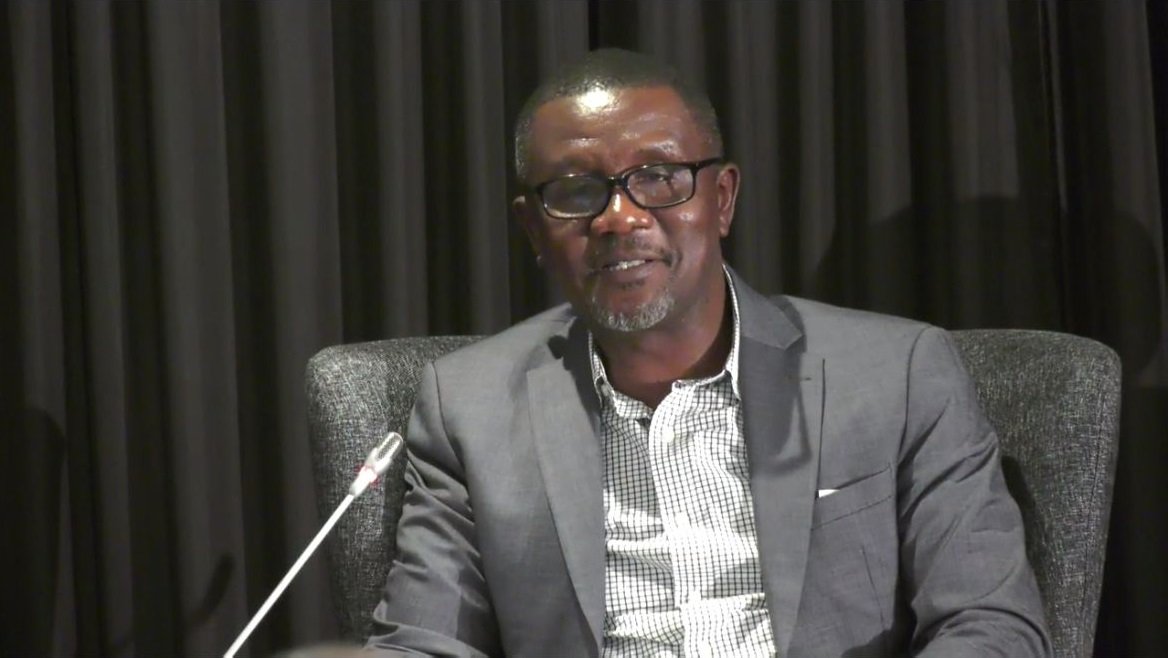
Key theme: The close relationship between PPPR and NTDs
Aggrey talked about the need to bolster health systems which can then address endemic conditions like NTDs, whilst also being nimble enough to respond to pandemic threats.
2) Global Fund to Fight TB, AIDS and Malaria
Caty Sow Fall, Head of Africa and Middle East at the Global Fund, presented opportunities to integrate NTDs into Global Fund applications. She said:
“Through TB and malaria interventions and using health system strengthening as well as people-centred lenses, there are many opportunities to integrate NTDs.
As we know, many NTDs share common risk factors and transmission pathways with HIV, TB and malaria. Resources can be optimised to address these multiple health issues, and even more so when they are identified in cross-cutting strategies and built into national health development plan breakdowns.”

Key theme: Don’t work in silos.
Caty stressed the need for ministers to champion a comprehensive and integrated approach to health problems, and expand to include other sectors beyond health ministries such as water and sanitation, and agriculture.
3) Global Financing Facility (GFF)
Dr Amir Hagos, Country Operations Lead at GFF presented opportunities with the Global Financing Facility. He said:
“I call on all the Ministers to make strong political commitments to prioritise NTDs. If the government, if the ministers are prioritising NTDs in their investment case, and in the plan that they provide to GFF, then we are here to provide all technical support and also to provide grant as a co-finance to unlock huge potential from the World Bank to mobilize more resources to women and children.”
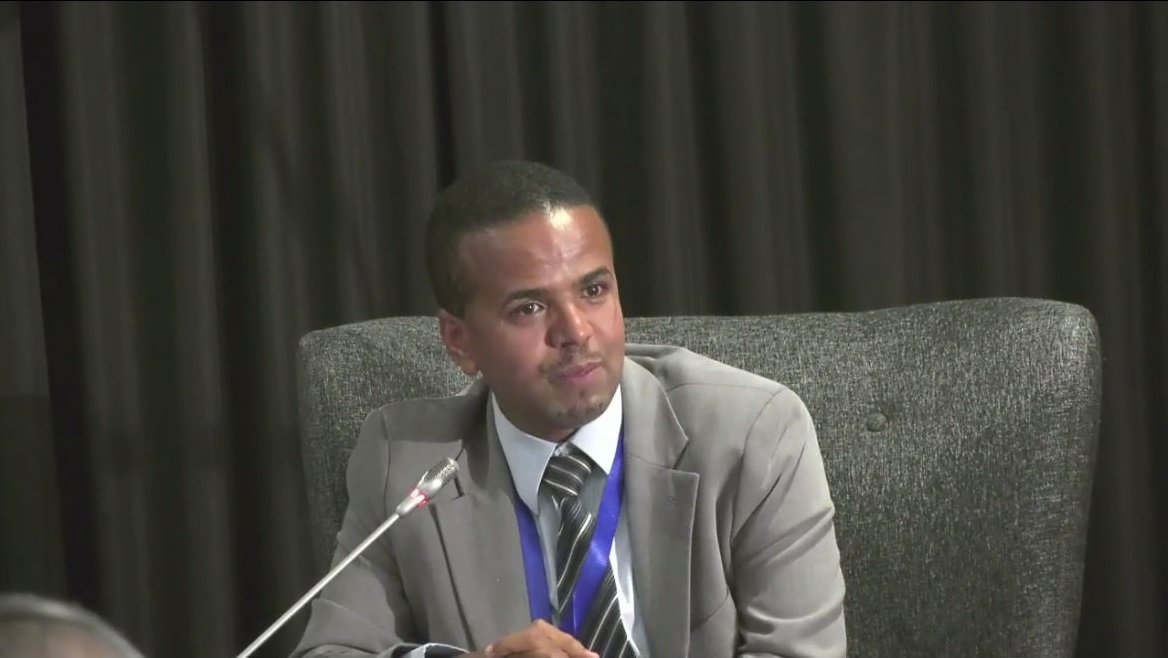
Key theme: Stressing the link between tackling NTDs and addressing inequalities, including gender disparities
Dr Amir talked about the importance of country ownership and leadership, particularly when it comes to prioritising health issues and addressing equity.
4) Debt swaps, presented by Potomac Group
Jill Dauchy, CEO of the Potomac Group explained how debt swaps can be harnessed for health, including NTDs. She said:
“This is a rapidly advancing field right now and so there are a lot of resources and papers being written particularly in the climate nature space, but the [debt swap] mechanism can be applied to health.
There needs to be a communication about priorities, about financing strategies and how to bring these issues of health into other kinds of discussions within the finance ministry and the government as a whole.”
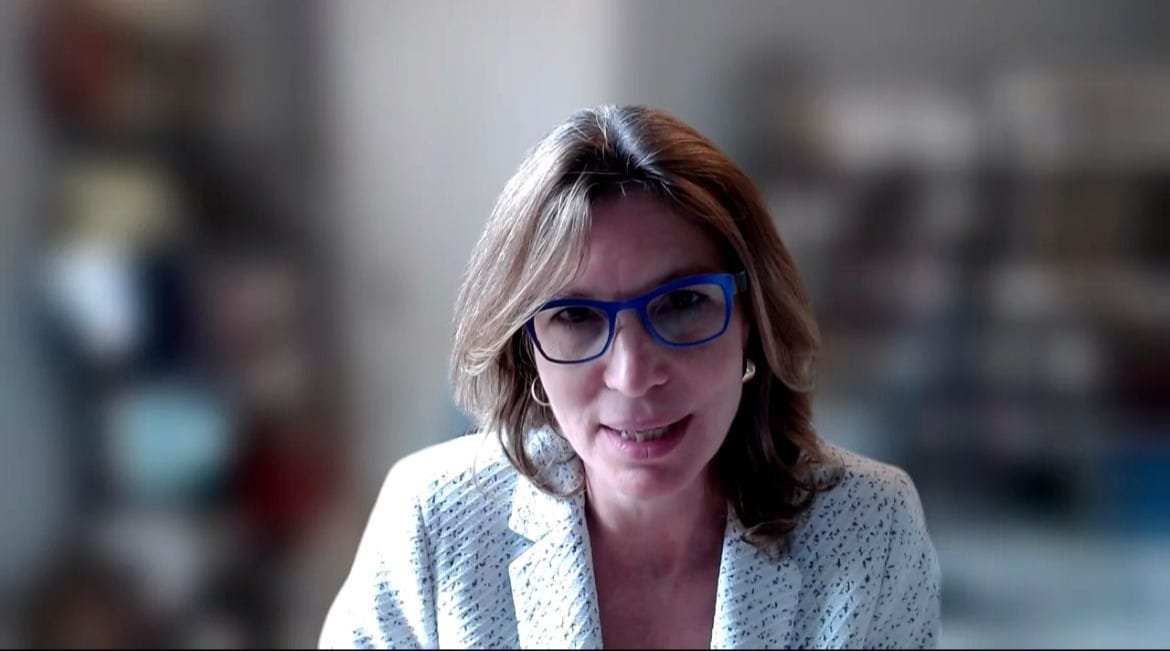
Key theme: Countries shouldn’t be scared or intimidated by the idea of debt swaps
Jill reassured attendees that debt swaps shouldn’t be something to be afraid of, and that in this context, we are talking about “refinancing of existing debts”. She encouraged ministers to educate themselves about these mechanisms and lean into inter-ministerial working groups to ensure that whole governments can get on board.
Special announcement: Reaching the Last Mile Forum at COP28
Dr Fall provided a special announcement on the Reaching the Last Mile Forum which will take place at COP28, later this year. This major event (hosted by Reaching the Last Mile, an initiative of His Highness Sheikh Mohamed bin Zayed Al Nahyan, President of the UAE, in partnership with the Bill & Melinda Gates Foundation) will feature a dedicated moment to celebrate the remarkable progress made against NTDs and announce new commitments towards disease elimination goals.
Continuing in the spirit of commitment demonstrated at the Kigali Summit in 2022 and the Kigali Declaration on NTDs, the Forum will provide a global platform for donors and partner countries to announce their support for elimination efforts across all NTDs. As we work collectively to achieve the goals articulated in the World Health Organization’s 2030 roadmap for NTDs, this moment will set the stage for future opportunities to catalyze new partnerships and pledges.
What do we hope will come out of this discussion?
"When you invest in neglected tropical diseases, you will win."
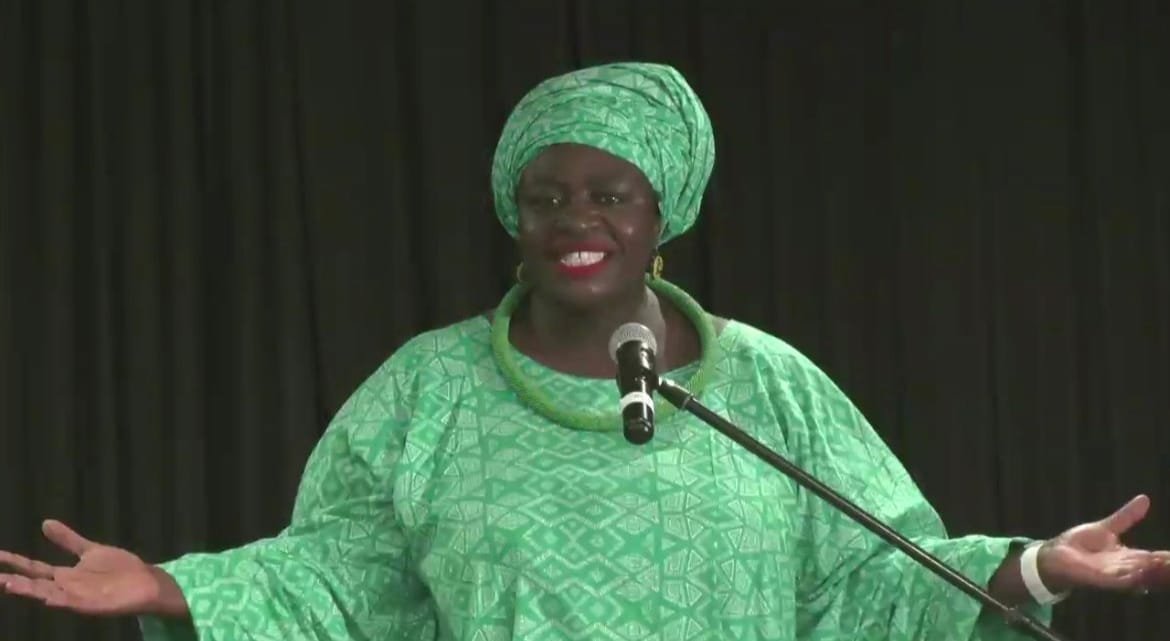
As Thoko Elphick-Pooley, Executive Director of Uniting to Combat NTDs said in her closing remarks, when ministers next meet in this capacity, we hope there will be a different conversation. One which shows exactly how countries have leveraged these financing opportunities for NTDs.
- We call on countries to prioritise NTD interventions in their health financing by allocating a specific budget line for NTD programmes.
- We call on countries impacted by NTDs to increase the country demand for NTD financing by including NTDs in applications and discussions with key financing institutions, such as, but not limited to: the Global Fund to fight TB, AIDS and Malaria, Pandemic Funds, GFF, and debt swaps.
- We encourage countries to announce financial commitments towards tackling NTDs at the Reaching the Last Mile Forum at COP28 on 3 December 2023.
With thanks to WHO AFRO, Comoros, Ethiopia, Senegal, South Sudan, and Zambia, all our esteemed speakers Dr Loub Yakout Zaïdou, Dr Matshidiso Moeti, Dr Socé Fall, Aggrey Aluso, Caty Sow Fall, Dr Amir Hagos, and Jill Dauchy, and our excellent moderator of the event, journalist and broadcaster, Henry Bonsu.
If you would like to discuss any of the above in more detail, please contact info@combatntds.org
Read the World Health Organization’s write-up of the event.
This event was also covered in:
- AllAfrica - Africa: Innovative, Sustainable Funding Needed to Deal with Neglected Tropical Diseases, 28 September 2023
